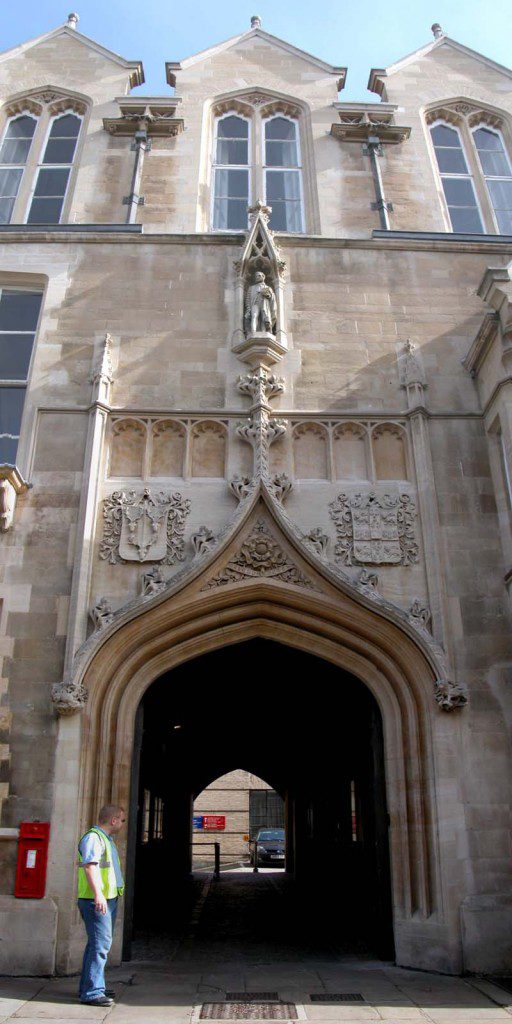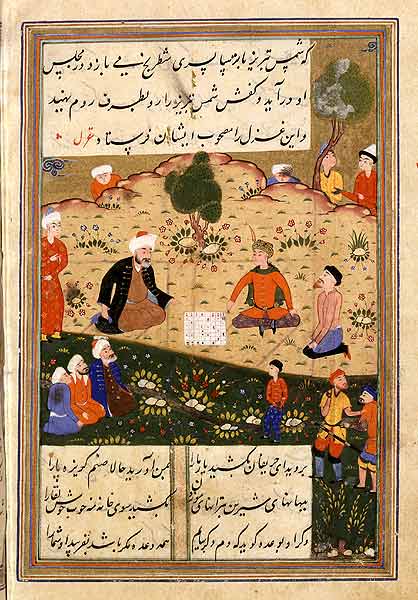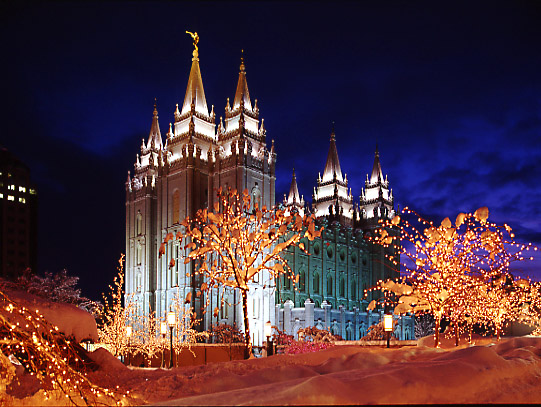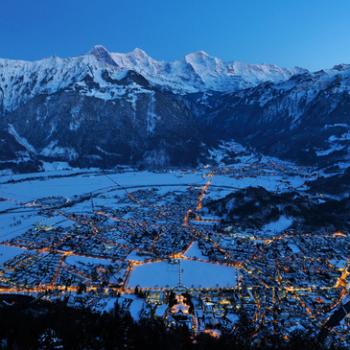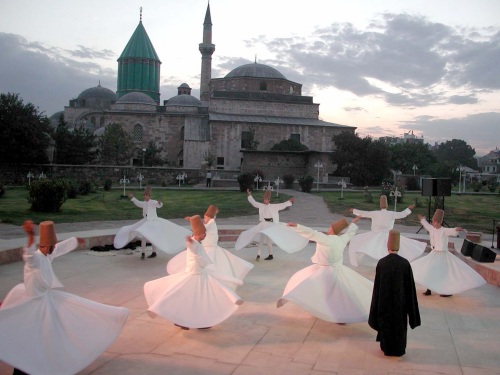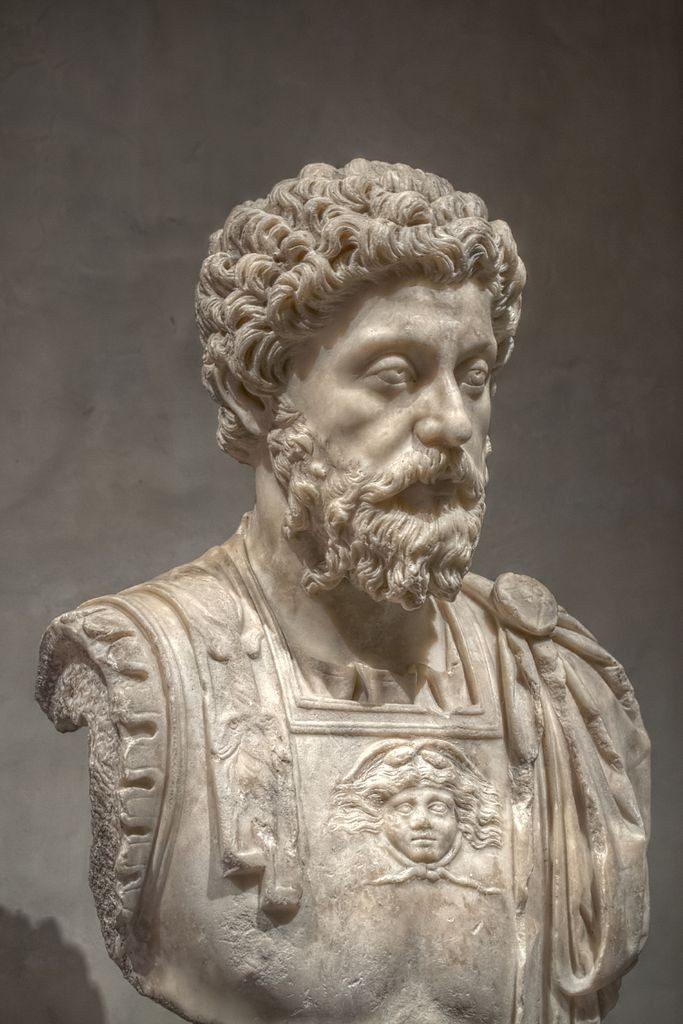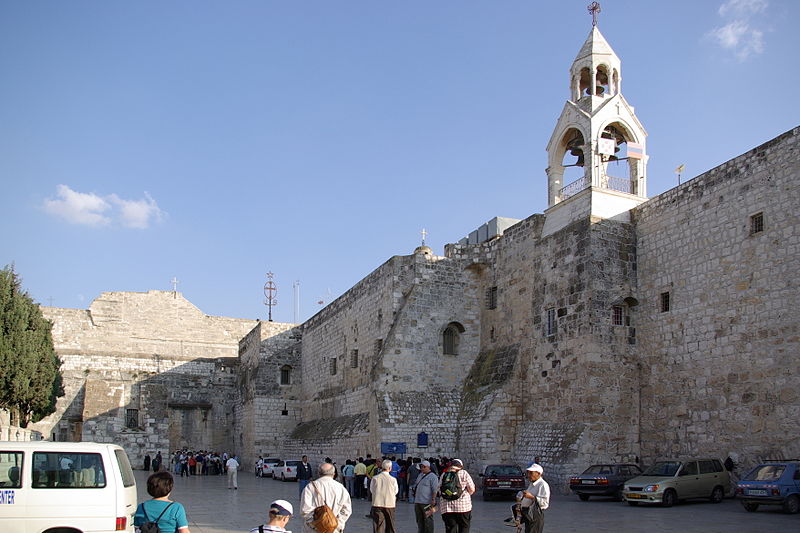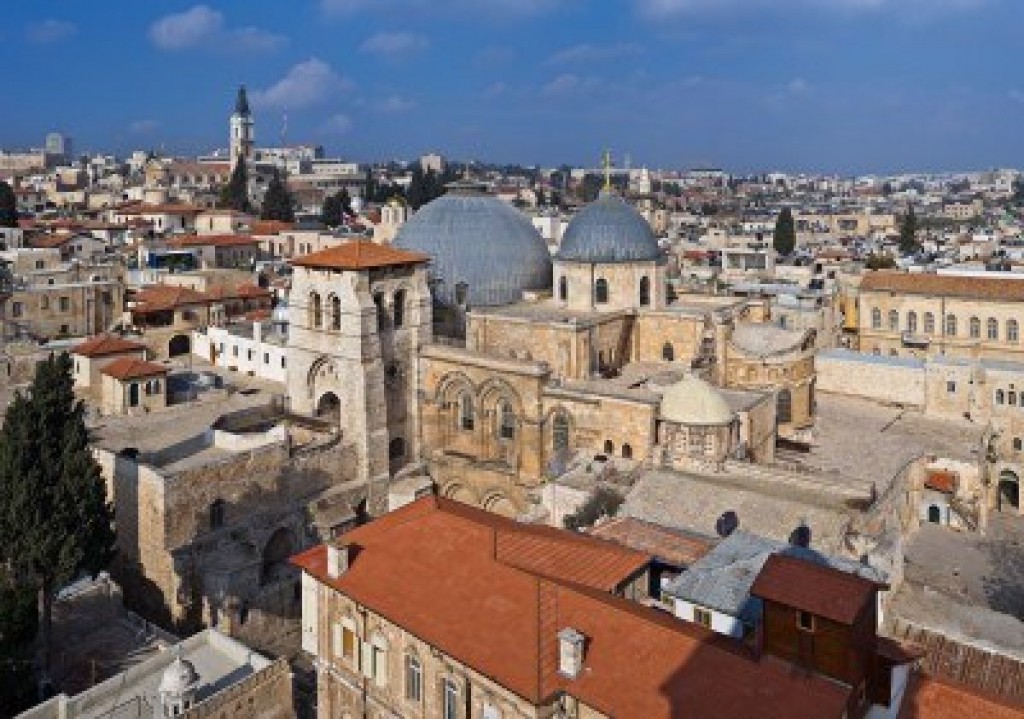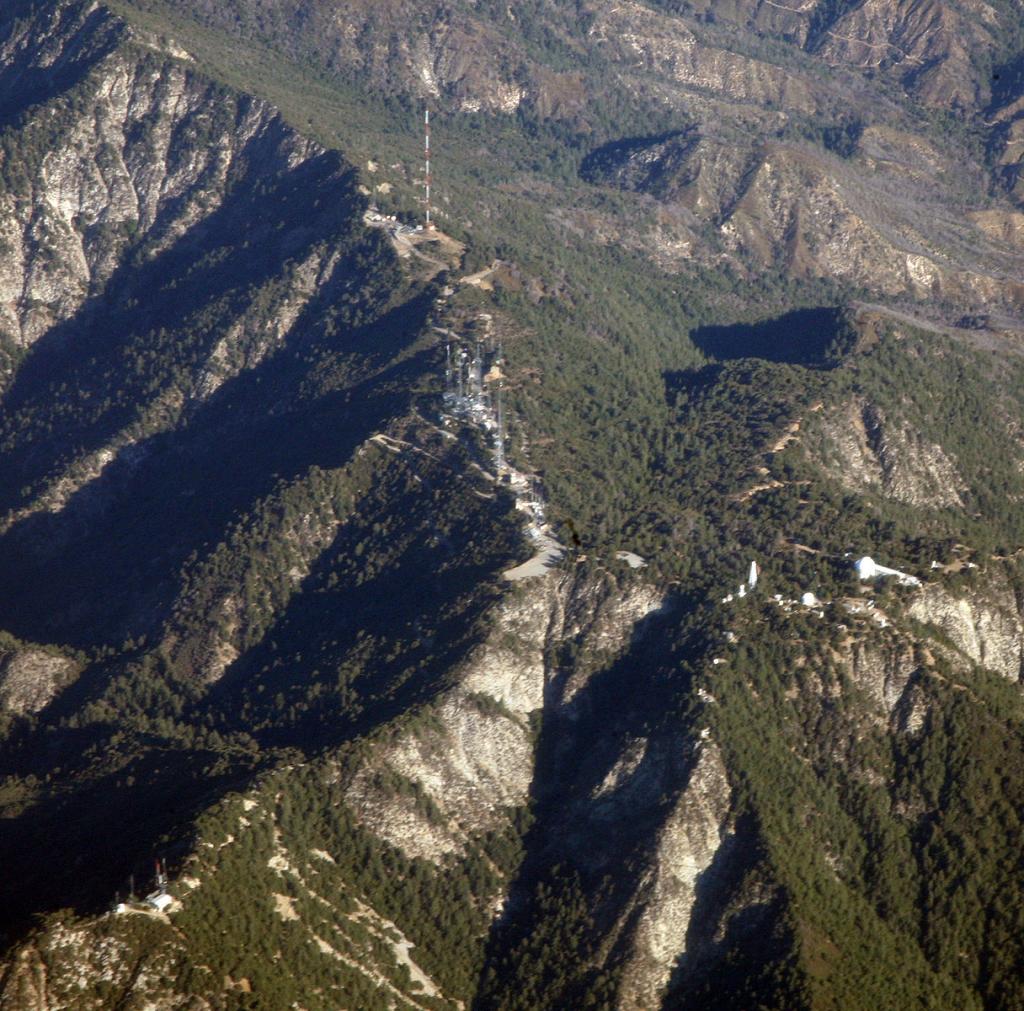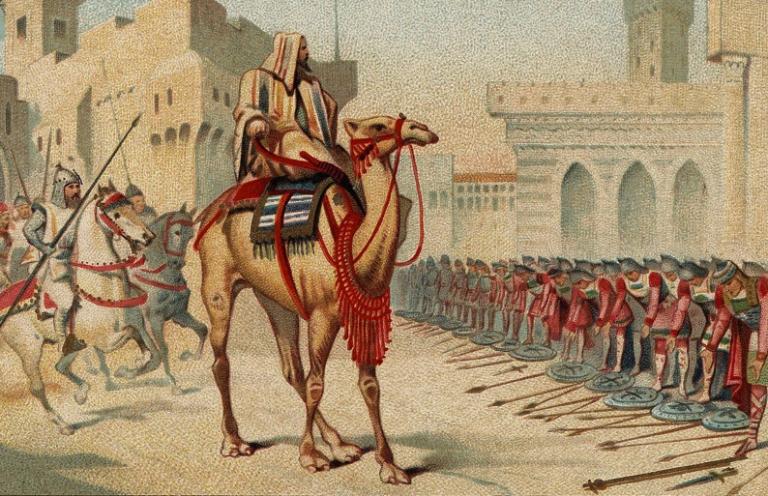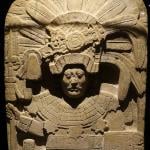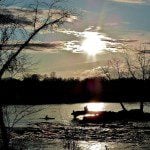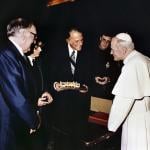I continue to point out the fairly well established fact that — on this planet, anyway — science is largely done by humans. And that there are, among humans, pressures to conform. Which, to some of my more fevered critics, reveals me to be anti-science and, even worse, a religious fundamentalist. Here’s a nice little piece on how the human element might affect some science — and particularly so, I think, in the so-called social sciences: “The... Read more


